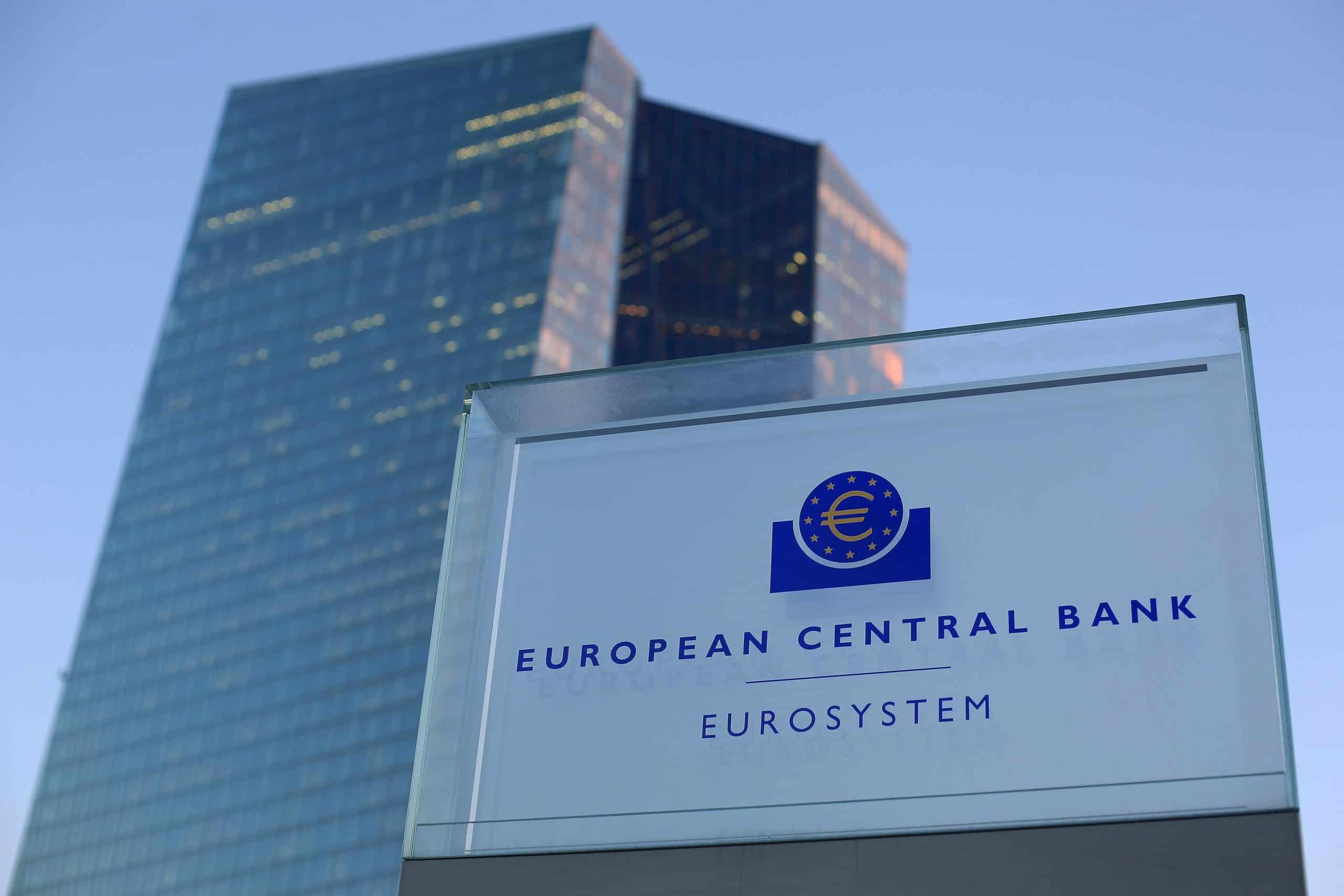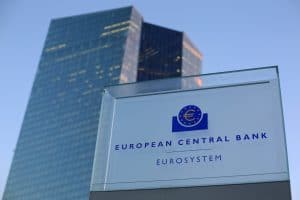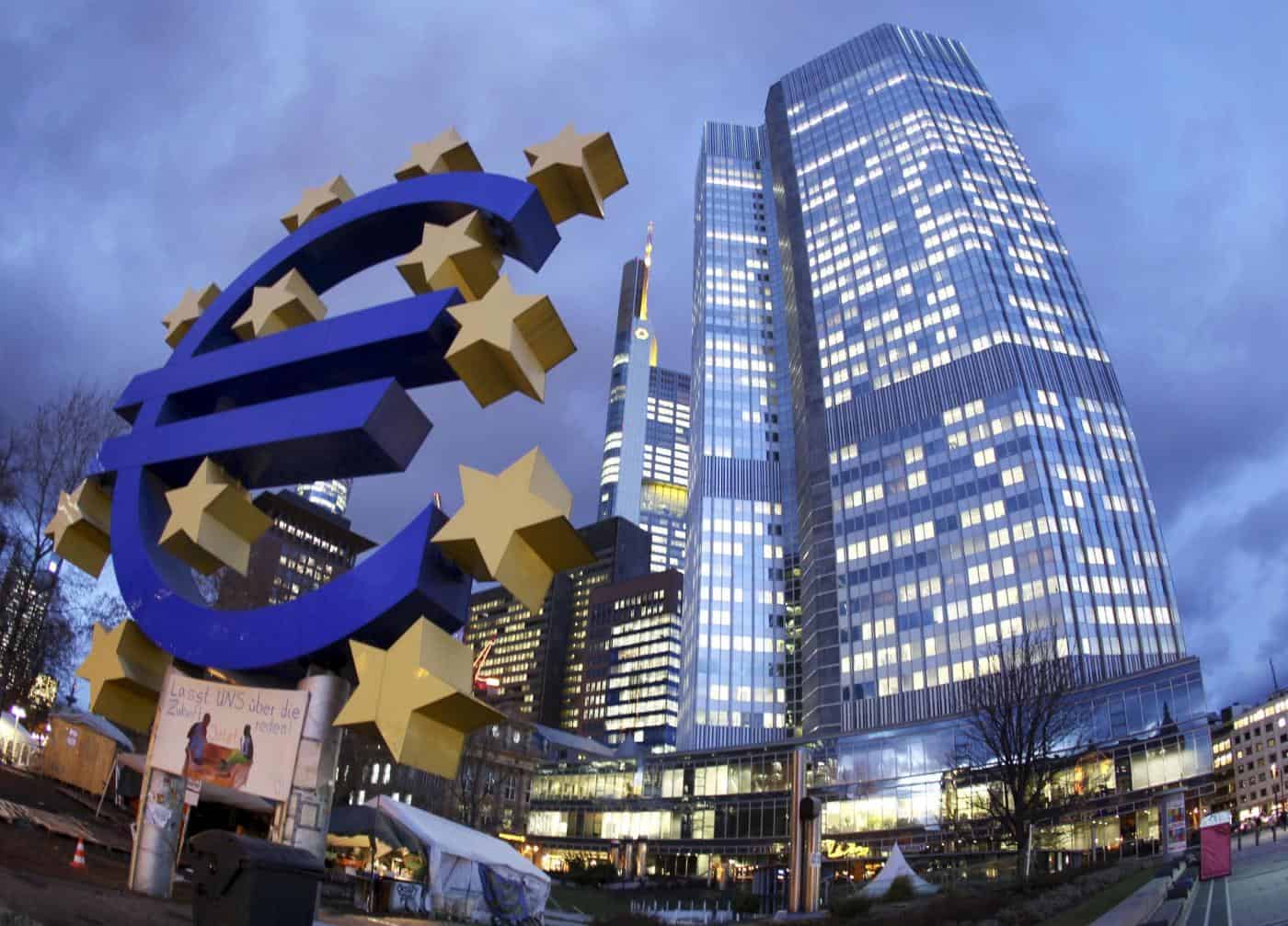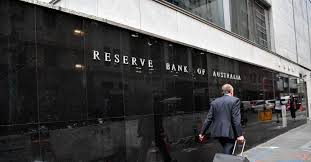Join Our Telegram channel to stay up to date on breaking news coverage
The European Central Bank (ECB) has started a public consultation on decentralized Euro. The consultation was opened by ECB President Christine Lagarde.
Does the digital euro need intermediaries?
The public consultation includes the most pressing question for the public- do Europeans want a digital euro that doesn’t depend on intermediaries. Lagarde noted,
“As Europeans are increasingly turning to digital in the ways they spend, save and invest, we should be prepared to issue a digital euro, if needed. I’m also keen to hear your views on it.”
The former International Monetary Fund chief said in a video that the survey is designed to help consumers and Europeans to express their preferences and tell the ECB about their views on the digital euro. They want to know if users would want to use the digital euro just like a banknote or coin, being fully convinced that it is money created and backed by the central bank. She added that the banking regulator is still in “review and consideration stage.”
Are intermediaries required?
The public consultation survey asks respondents to rank their digital euro preferences and suggest which services, functionalities, or use cases they think are feasible and must be considered when developing a digital euro. The survey also describes that the digital euro may come with or without intermediaries.
In the first situation, the digital euro doesn’t come with the need for a central bank as an intermediary who should be involved in processing each payment. This would look similar to making payments in cash but in a digital way. The digital euro will be available for use even when people are not connected to the internet. Personal data and privacy could be managed better.
The second approach is to record transactions without the need for an intermediary to process all transactions. This approach would be much closer to existing cryptocurrencies like Bitcoin which work on a fully decentralized network without needing a centralized authority to process and approve transactions.
Join Our Telegram channel to stay up to date on breaking news coverage



